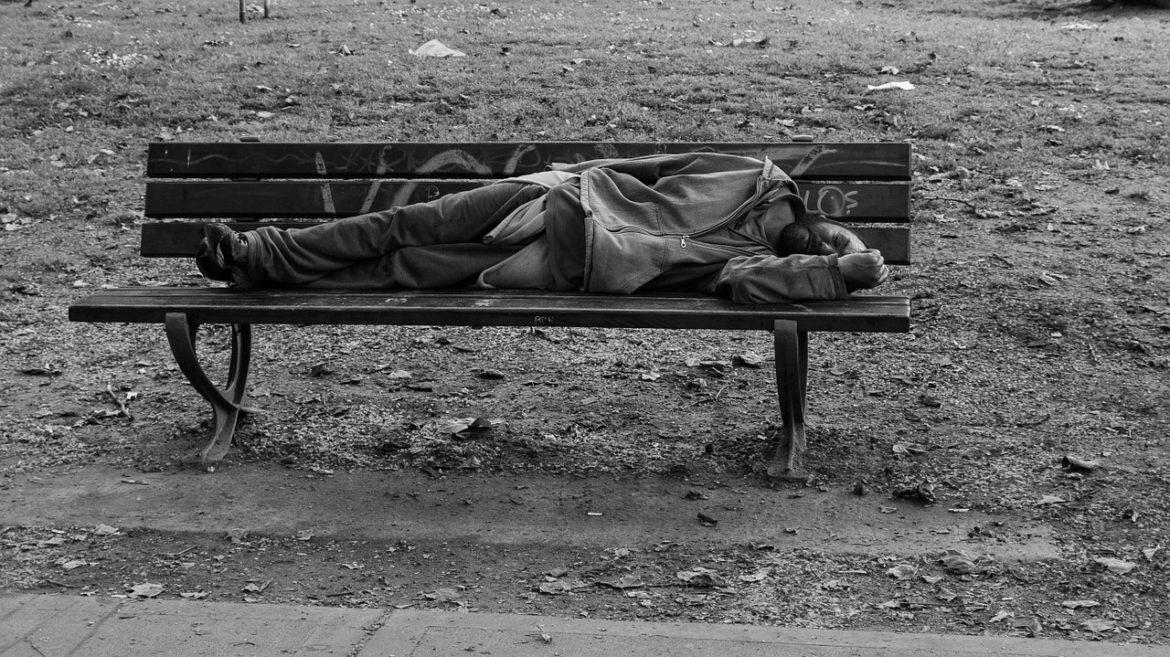By Teka Lark (January 31, 2020)
Being in the United States owing to slavery, and having relatives who are still alive who survived Jim Crow, gives you a unique perspective on justice in the United States.
If you look throughout history in this country, oppression is an ebb and flow. For example, during the Reconstruction Era, the era right after the ending of slavery (1863–1877), there were 1500 Black political officeholders. More than a half-million Black men became voters in the South during the 1870s, and the federal law somewhat protected Black people’s rights. But after Reconstruction, not only did we not hold office, we couldn’t even vote, and by “we” I mean Black men.
When I look at Trump’s impeachment trial my friends that are reasonable and logical say: “Well the moderates will be so disgusted by this that even if he doesn’t get impeached, they will come around?” Come around? Come around to what? This country bankrupts its own white children because they don’t want one tax dollar to go to a college program that might benefit a “Black.”
This country doesn’t have universal childcare because it would rather have white women kill themselves if they don’t have to share with Mexican-Americans. The moderates are racists and nationalists whose retirements are tied to the stock market. They don’t care if this country goes to hell. They’ve sent it there many times before.
The people who are most pro-Trump right now who are trying to suppress the witnesses in the Senate are the moderate Republicans. If they do the right thing, they will be primaried out.









